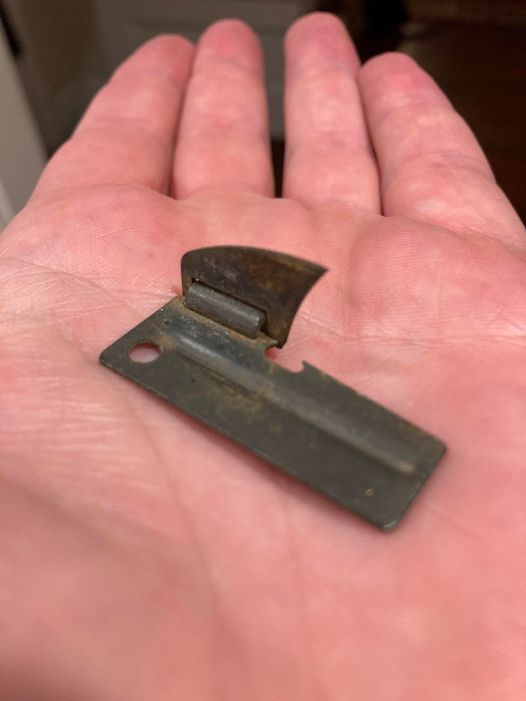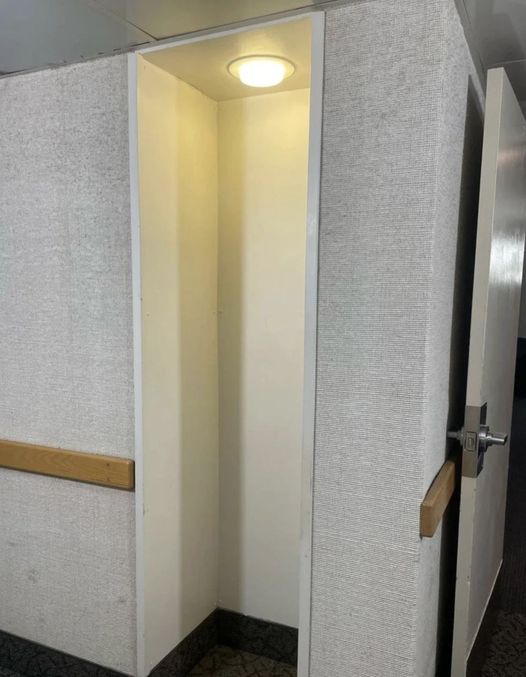
Leonardo DiCaprio, a renowned actor and environmentalist, is known for his incredible talent on the big screen. But what many people may not realize is that he has also faced his own battles with Obsessive-Compulsive Disorder (OCD). In a recent interview, Leonardo opened up about his struggles with OCD and how he has learned to live with it. If you too suffer from OCD, this blog post is for you. We will delve into Leonardo’s story and offer advice on how to overcome the obstacles that OCD presents.
The Road to Success
Leonardo DiCaprio has achieved great success in his career, starring in iconic films such as “Titanic,” “The Departed,” and “The Revenant.” His talent has been recognized with prestigious awards, including an Academy Award and a Golden Globe Award. However, behind the scenes, Leonardo has been dealing with severe OCD.
Leonardo first realized he had OCD when he was just 11 years old. He would feel compelled to touch things a certain number of times, resulting in repetitive actions. For example, he would knock three times on wood before leaving a room. These compulsions may seem trivial to some, but imagine having to perform these rituals every single time you step out the door.

The Frustration of OCD
Living with OCD can be incredibly frustrating and time-consuming. Leonardo experienced mild to moderate symptoms for many years, but when he moved to Los Angeles at 18, his condition worsened. The change in environment triggered heightened anxiety, and he even contemplated quitting acting because of it.
However, with the help of therapy and medication, Leonardo was able to manage his OCD symptoms and find a sense of equilibrium. He describes himself as being “in a perfect place” now, able to lead a relatively normal life.
Finding Balance
During the peak of his OCD struggles, Leonardo became more reclusive, shying away from social gatherings and preferring the comfort of his own home. His condition made it challenging to focus on his work, and he often needed breaks to calm himself down.
But everything changed when Leonardo started working on the film “The Aviator.” The intense work schedule consumed his thoughts, leaving little room for his OCD to interfere. As a result, his symptoms began to improve. He regained his social life, went on vacations with friends, and his acting skills flourished. “The Aviator” became a tremendous success, showcasing Leonardo’s talent to the world.
An Advocate for Mental Health
Inspired by the positive impact of “The Aviator” on his OCD, Leonardo made the brave decision to publicly discuss his struggles. By sharing his own experiences, he hoped to raise awareness and provide support to those who suffer from the same condition. He has since become an advocate for mental health, using his platform to raise millions of dollars for research.

Lessons from Leonardo’s Journey
Leonardo’s story teaches us valuable lessons on navigating life with OCD:
1. Speak Up
Leonardo felt embarrassed and ashamed of his OCD for years, keeping it a secret from the world. But it was only when he started talking about it that he found the help he needed. If you are dealing with OCD, it is crucial to speak up and let others know about your condition. The more support you have, the better equipped you will be to manage your OCD.
2. Ongoing Management
OCD requires constant vigilance and ongoing management. Leonardo’s journey reminds us that just because we are doing well today does not guarantee we will be fine tomorrow. It is an ongoing battle that requires dedication and a commitment to staying in control of the condition.
3. Dedication to Treatment
Leonardo’s story underscores the importance of dedication to treatment. He has been in therapy for years and has tried various treatments to manage his OCD. Overcoming OCD is not easy, but with effort and commitment, it is possible to find balance and live a fulfilling life.
Leonardo DiCaprio’s story serves as an inspiration to those who face the daily challenges of OCD. By sharing his journey, he has shed light on a misunderstood condition and become a beacon of hope for individuals seeking relief. Remember, you are not alone in this fight, and with the right support and management, you can find balance and live the life you deserve.




